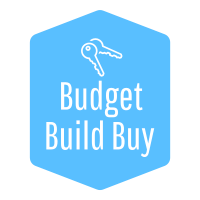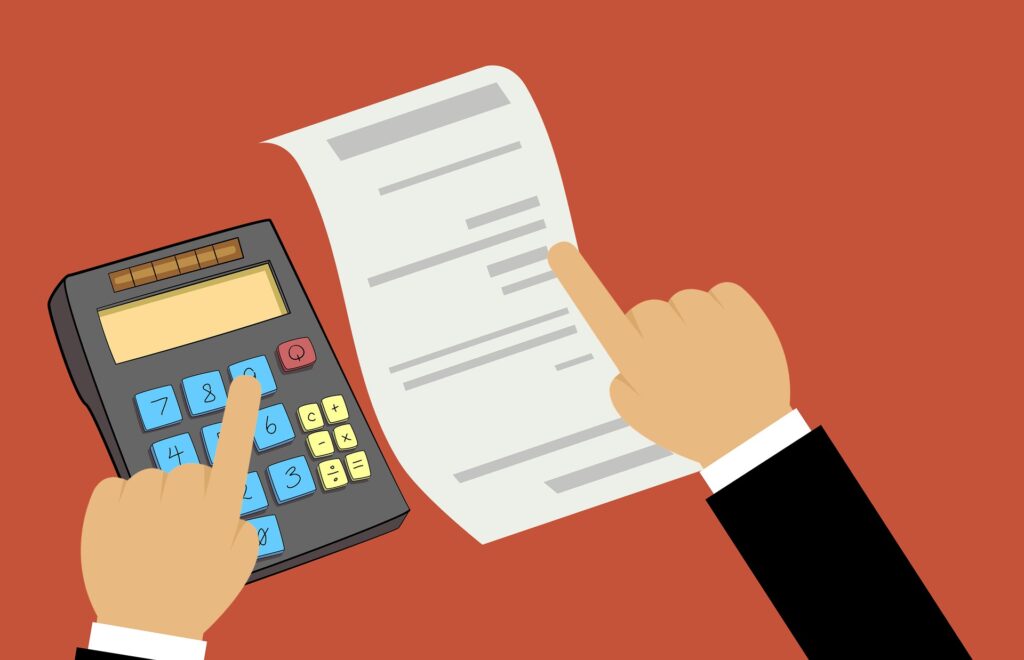Easy Budgeting Tips to Achieve Your Goals
Just do it, a journey of a thousand miles begins with a single step. When looking at your finances and your long term goals (goals 12-24 months or more away) the road seems long and impossible.
Take the first step and initial action. That small step has you closer to your ultimate goal.
To build financial wealth you must take action immediately. Easy budgeting tips to achieve your goals is that first step.
Know your numbers
Tracking your spending, sitting down and taking off all of the blinders to your current financial situation is scary. Trust me, the first time I looked at my checking account I mean really looked at it. I was shocked.
I moved to a new country after living overseas and ending a business relationship with a toxic business partner. I was forced to start over, move my family to the US from Colombia and move into my sisters basement.
You never want to live that way. You want to feel confident when you pay a bill that the check won’t bounce. That is why it is so important to always Know your numbers.
Review and identify your income and expenses
Step 2 of the easy budgeting tips to achieve your goals is to review and identify your income and expenses. This step will tell you without a shadow of a doubt where you currently stand financially. When you finally identify and accept your current reality you can now go about changing that reality over time.
Many are immediately discouraged when they reach this point. It’s never easy and for some the past due bills, low income will lead to a lack of hope. Not to mention the worst part of it all.
For those of us (married men) the look of disappointment in our spouses or significant others can destroy us. The cards are on the table. Many times our spouses believe things are bad but they don’t know how bad until the sheriff is throwing our stuff on the lawn. Don’t allow this moment to destroy you and to force you to give up. Share the good and the bad.
Don’t be turned off by where you are today. I promise you, together we will achieve all of your financial goals.
Prepare for the unexpected
You know your income and expenses, they are all laid out in front of you. Now add any seasonal expenses and future expenses. Preparing for the unexpected is step 3 in the easy budgeting tips to achieve your goals guide.
Some examples of unexpected or seasonal expenses will include school supplies at the beginning of the school year if you have children, auto repair and maintenance, if you celebrate holiday or birthdays you want to prepare for those expenses.
Emergency savings
An important item I always discuss with clients are emergency funds or what people call rainy day funds. Emergency funds are important and should be the only FDIC insured savings you should have. I cringe when I see clients with hundreds of thousands of dollars in savings. Ideally you want to save 3-6 months of your expenses in case you have a loss of income.
For example your expenses total $2000 per month. This includes everything we know because just a couple minutes ago you laid all your cards on the table you are no longer surprised at how much you spend.
Now if your goal is to have 6 months of emergency savings you should always maintain $12,000 in your savings account. Anything above that should be receiving a higher rate of return and or being designated to a future goal, short term, midterm or long term goal.
Everything you do has to be intentional. We leave nothing to chance.
Think strategically about your revenue stream
Think strategically about your revenue stream. Usually you will need multiple sources of income and or multi people contributing to the revenue.
I love to meet families which work together. They each work and contribute financially to the goals of the home. Think of your skills and develop ideas around how you can be of service to others. What is obvious to you is amazing to others.
Easy budgeting tips to achieve your goals
Goals are important but realistic, detailed goals accompanied by a plan to action are better. Your goals are going to add a purpose to your budget. If you have a spouse or partner, work with them on your budget. Everyone has to be committed to your goals and budget for it to be a success.
Budget to a specific goal
When you have a goal for each dollar you avoid your dollars being spent on things you don’t need.
Round up on expenses and down on revenue. Why? This will give you a guaranteed buffer for those unexpected expenses each month. And will allow for a special treat every now and then.
You can budget and plan as best you can but things will always come up. We will minimize this as much as possible but the buffer will give you some breathing room.
Budget needs vs. budget wants. You need a place to live, you need food, depending where you live you need a vehicle which needs insurance which needs gas to move around. Some needs are easy to define. Within food needs you want name brand foods but you really need healthy food.
Try to avoid the easy fix of fast food not only for the unhealthy nature of the food but also the cost. Homemade meals will save you money. Search for coupons and buy what you need, not always what you want. And before you go grocery shopping make a list of meals you will prepare for the next 5-10 days. It will make meal planning have a purpose and will ultimately save you money.
Analyze your budget. What is currently a need and what is currently a want. Do you currently need the premium cable tv package or can you live with less? Find places you can trim using the needs vs wants analysis. Can you find a less expensive yet similar alternative?
Pay down or eliminate debt
Priorities are very important. And paying down debt should be high on your budget priority list. For most it´s top of the list but this too should be intentional. Within your budget should be your needs followed by your debt.
Debt elimination should be an integral part of any budget. You have many strategies to eliminate your debt with or without assistance. If you are dedicated and responsible enough to do it alone start with the highest interest credit cards.
Do your best to consolidate high interest credit cards into as many zero interest credit cards. However, for many reading this that won´t be an option. If your credit score is less than perfect no bank is going to extend more credit to you. So we have to tackle this strategically.
Stop using your credit cards is step 1. Usually easier said than done. I don’t recommend closing credit cards. Used properly, credit cards can pay you money! But we will discuss that after your house is in order.
Today I want you to be intentional about sticking to a budget which will allow you to pay-down all of your credit cards in a short amount of time. Make debt pay down an important part of your budget.
Put the plan into action
Budget is set, time to put the plan into action. I attached a simple spreadsheet you can use but feel free to use your own. I check my budget on a daily basis. I like to know where I was and where I’m going. And as I move money around I want to document that movement. I recommend you do the same.
Each dollar which goes out should be accounted for. Don’t let it accumulate days or weeks. That’s how budgets get out of whack.
Furthermore, I like to constantly look at my budget to play around with it and to make adjustments to it. To me it’s a living document which is constantly evolving.
Make changes to it, adjust it for life´s ever changing events. If you feel you can add more to debt payoff great. If you feel paying down your debt is making you go to bed hungry, make adjustments.
Find healthy yet affordable food options and or find more help. Food pantries are not a sign of failure. Everyone falls at some point and needs a hand. Just remember to pay it forward in the future.
Donate food you don’t need to others when you can. Volunteer as well. It will feel your spirit and bring joy to others.
Prepare for the unexpected
Every month is different, hence your budget should not be static each month. Find small ways to save from month to month. Recycle your cans if you live in a state which returns the bottle deposit to you. Turn off lights you are not using and disconnect chargers from the wall. Those are some of the basic ways to save a little. A little saving will go a long way.
Analyze your banking situation. Most banks wave fees under certain circumstances. Understand your individual bank and how they make money. Learn how to not pay a single bank fee again.
Be accountable
Be accountable to yourself and your family. Your budget should be the first thing you think about before making a purchase. Be honest with yourself. If you spend money which was not in your budget, document it. Don’t ignore it and always work to do better. We will fall at times but we can always get right back up.
Avoid keeping up with the Joneses
Stop looking at others. Everyone posts the best parts of their lives online. However, we never know the struggles and challenges our friends and families truly face on a daily basis. Don’t create goals to impress others. And don’t feel less than others. Be able to say no to your friends and family. Be honest with them.
Share that you are trying to stick to a budget and can’t afford to go out or to take a trip to Disney this year next year. Those conversations are never easy. But they will free you from the guilt of destroying your budget or getting further in debt.
Do not beat yourself up
Don’t beat yourself up when things don’t go well or you break your budget. It will happen and we are here for you when that time comes. Evaluate why you are doing what you are doing and get back on track. You will likely be further behind but that is ok.
It took me 2 years to lower my debt usage from 80% to below 10%. Some months I was mentally drained, other times I just wanted to treat myself or my family to something nice or I didn’t have the courage to just say no. It happens but get back on track.
After 2 years of budgeting I achieved my first goal of purchasing a home. I used the same tools i’m giving you today to achieve those goals.



2 Responses
Comments are closed.